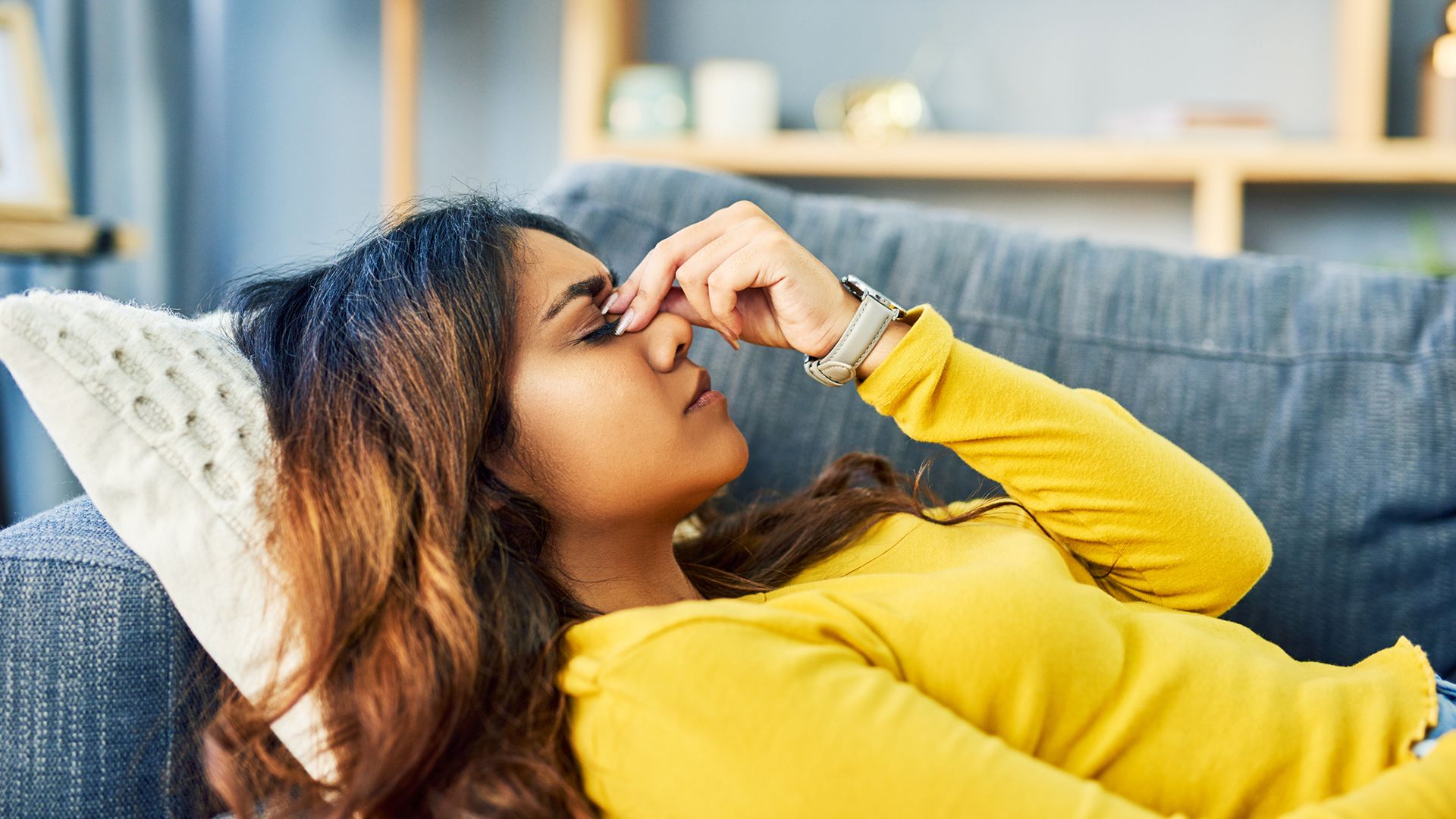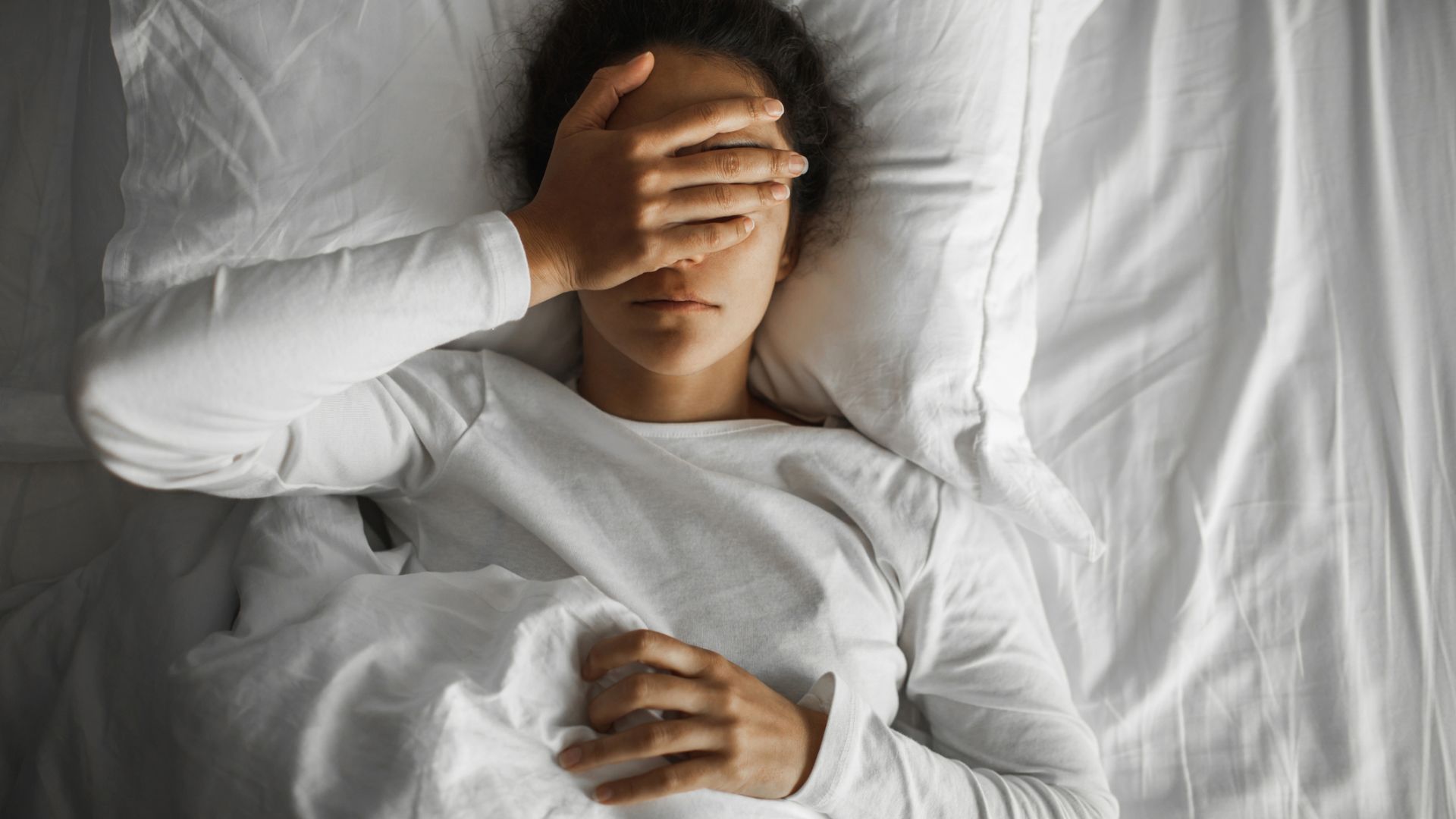If you are managing migraines, you know that it’s important to avoid anything that could trigger an attack, such as a certain food, a lack of sleep, or a stressful situation.
A big part of avoiding migraine triggers is being prepared. Preparation puts you in a better position to identify triggers before they become a problem. And with preparation comes reduced stress, which is super important since stress can be a major contributor to migraines.
Here are some tips for planning out your days to ensure a migraine doesn’t sneak up on you:
Make meals in bulk
Grabbing food on the go may feel convenient and may save time, but it can also be risky if food happens to be one of your migraine triggers. Preparing your own meals gives you better control over what ends up on your plate—and what stays off.
Because cooking can be time-consuming, a smart option is to make meals in bulk. If you want a recipe to last for two days, double it. Three days? Triple it. By essentially doing the same work in the kitchen, you’ll end up with several days’ worth of meals. This can help lower stress and save time, and it can also mean you’ll have something to eat if you experience a migraine that leaves you unable to prepare a meal.
Related to diet, be sure you’re eating regularly throughout the day since fasting or skipping meals can trigger a migraine. Staying hydrated is super important, too!
Be mindful about fitness
Regular exercise is an important part of staying physically, mentally, and emotionally healthy. But certain intense exercises—lifting heavy weights, for example—can actually end up bringing on a migraine. Make sure you’re paying attention to your body’s response to certain forms of exercise. You may want to opt for activities that promote stress reduction without putting too much strain on the body, such as yoga or light aerobics.
Practice good sleep hygiene
Lack of sleep can trigger migraines and aggravate symptoms. It can also increase levels of stress, another key migraine trigger. Clocking at least seven to eight hours of quality slumber a night should be a priority.
Aim to get to bed and wake up at the same time each day. This helps keep your circadian rhythm in check. Circadian rhythm is essentially your body’s internal clock that tells you when you should be asleep and when you should be awake. When planning out your days, keep your bedtime in mind.
Other important sleep tips include avoiding food or beverages that contain caffeine for 4 to 6 hours before going to bed and staying away from screens for at least 30 minutes before bedtime.
Protect your time
When it comes to planning out your days and taking steps to prevent a migraine, one of the most important things you can do is be mindful of your schedule, and your overall time in general.
Overloading your schedule can add up to added stress, not enough time to eat well or exercise, and too little sleep—all of which can contribute to more migraines. Saying “no” to plans isn’t always easy, but it can open up valuable time.
When you plan out your days, you’re giving yourself the time and space to make your health a priority—and taking the first step to better manage migraines.









